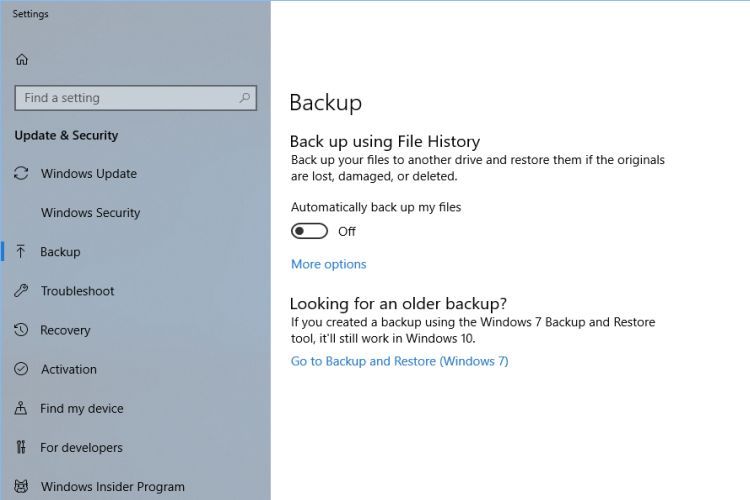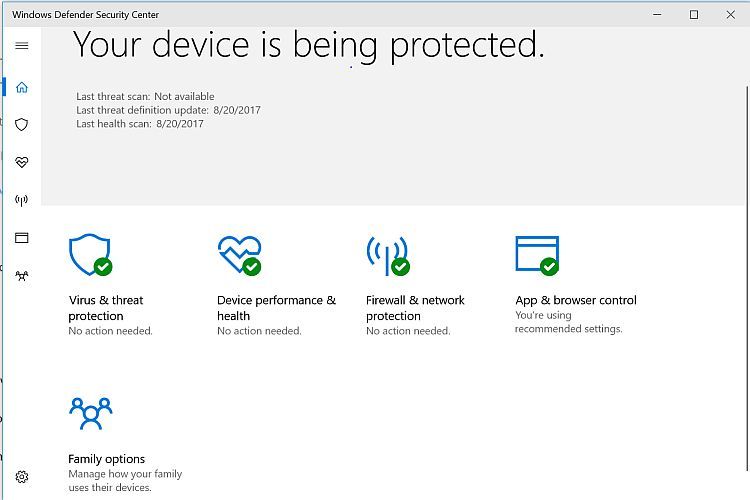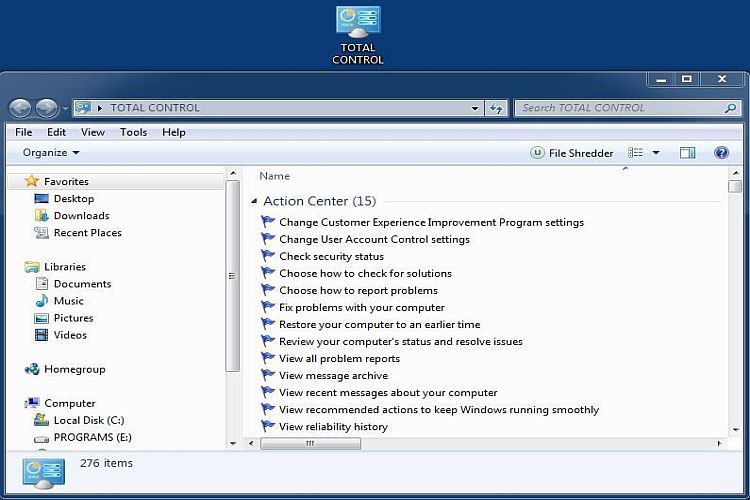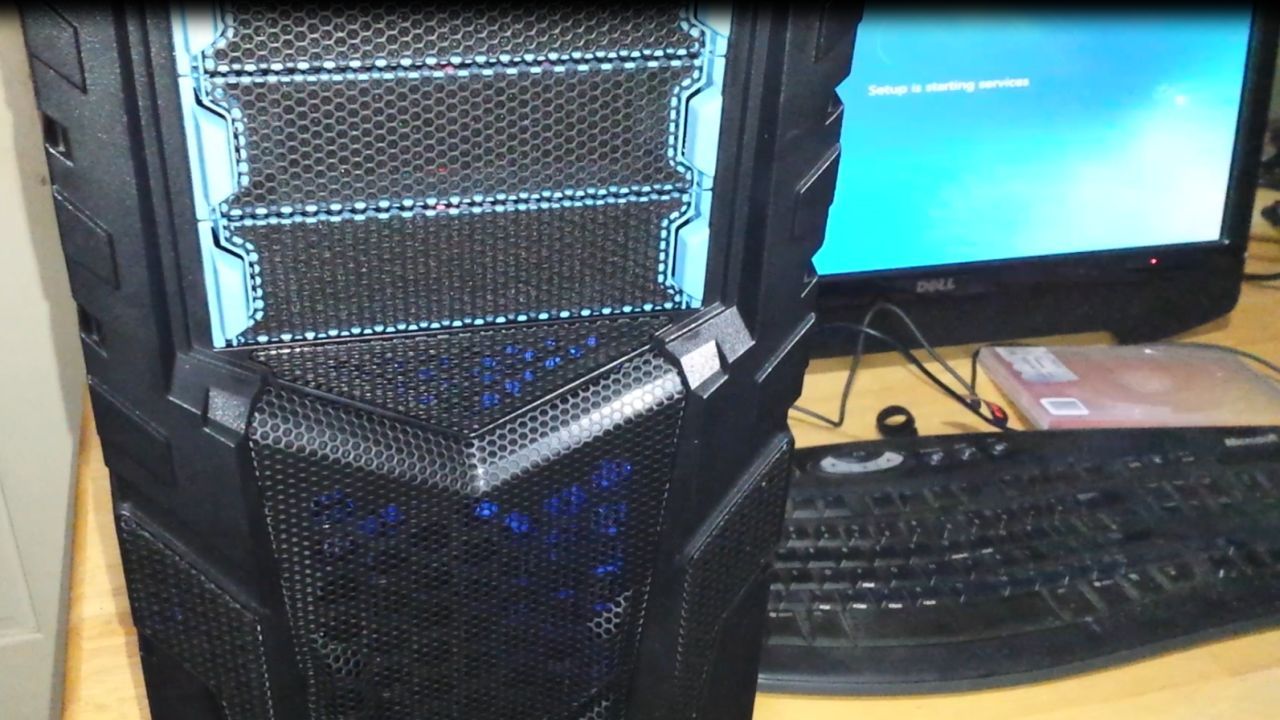3-D Printing Has Come a Long Way
The three-dimensional printer was initially something used primarily by industrial and architectural engineers to create prototypes. This, however, has changed. Two to three decades ago 3-D printing was primarily a thing used to create prototypes because it is complex technology and was considered very complex back in the 1980s. Due to advances in technology enabling the use of high-performance materials 3-D printing is actually something that could become a household term. It's not likely that to many people would spend upwards of $1 million for such a piece of equipment; but, it does not cost that much to buy a 3-D printer now. In fact, reports indicate that 3-D printers could be acquired for as little as $1000 and if you can actually print three dimensionally that might be of use to a fair amount of people. Research in this field is continuing and expanding to include printing of such things as batteries and even food. What was once thought to be very complex and was very expensive is now like many other things on the verge of becoming ubiquitous. Cornell University has a creative machines lab in which much of this research is being conducted and development is very promising.
Provided that the printer itself can accommodate the appropriate substrates, it is conceivable that eventually nearly anything could be printed (even at home) and this could literally revolutionize the manufacturing industry. In some ways this is something I look forward to but is also a harbinger of certain things that may not be so fruitful. Could this result in the loss of many jobs? Well yes of course it could but defining what the trade-off would be is yet to come because 3-D printing, although not yet ubiquitous or a household term, may well soon become so and as we approach that likely inevitability the potential downsides will make themselves evident. This should prove to be one of the more extreme developments in technology that's been seen in several years and it's probably worth watching.









